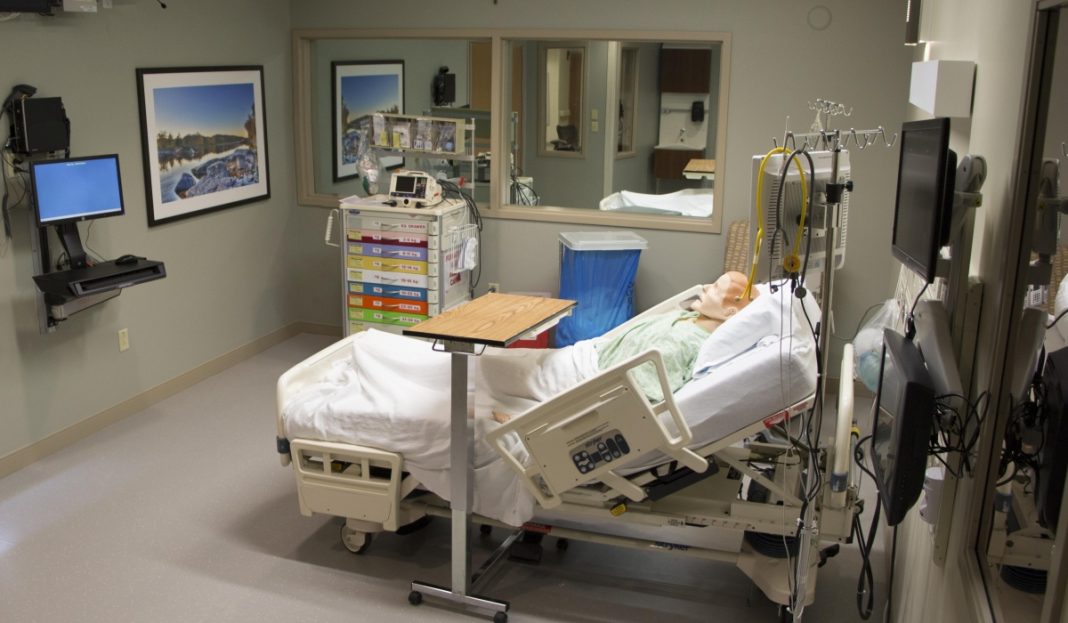The Ministry of Health is set to launch a pilot project for a “virtual hospital,” an innovative facility designed to enable medical specialists to consult and treat patients remotely across Rwanda.
Specialists will operate from a central hub in Kigali, providing remote support to patients and healthcare workers in hospitals and clinics nationwide without needing to be physically on-site.
This initiative will rely on telemedicine—using digital tools such as video conferencing, mobile apps, and online platforms to deliver healthcare services remotely.
Muhammad Semakula, Head of the Department for Planning, Monitoring, Evaluation, and Health Financing at the Ministry of Health, said the project is part of a broader national strategy to address the shortage of doctors and specialists. He noted that telemedicine tools were developed to help physicians connect with patients in district hospitals. These tools utilize mathematical models to assess patients as they arrive and categorize them as high-risk or low-risk.
Patients identified as high-risk are admitted both physically and virtually through the telemedicine platform.
The pilot will be implemented at the newly launched Health Intelligence Centre, which was established this month by the Ministry to monitor health services in real time, consolidate national health data, conduct analysis, and guide policy decisions.
With preparations more than 90% complete, the pilot is expected to roll out in the coming months.
Semakula explained that doctors in the virtual hospital will provide a range of services, including supporting surgeons in procedures such as C-sections. Using real-time video feeds, they will offer expert guidance and assist field medical staff with critical decisions during surgery.
“We believe this system can help deliver a wide range of services and significantly reduce the risk of losing lives,” he said.
The pilot phase will begin with a small team of doctors, initially focusing on maternal and neonatal health. Two gynecologists will support 10 district hospitals with high maternal mortality rates. If successful, the virtual hospital will be expanded to include more services and specialist departments.
This digital innovation aligns with Rwanda’s efforts to overcome the chronic shortage of healthcare professionals.
In 2023, the government introduced the 4×4 Reform, a bold plan to quadruple the number of healthcare workers and meet the World Health Organization’s recommendation of at least 4 healthcare professionals per 1,000 people. The reform builds on the National Strategy for Health Professionals Development (2020–2030) and supports the Ministry’s Strategic Priorities for 2023–2025, which emphasize stronger primary healthcare, public health security, evidence-based practices, leadership, and digital integration.
Under the 4×4 Reform, Rwanda aims to train and recruit an additional 32,973 healthcare professionals—including general practitioners, nurses, midwives, pharmacists, dentists, and allied health workers—by 2028.



